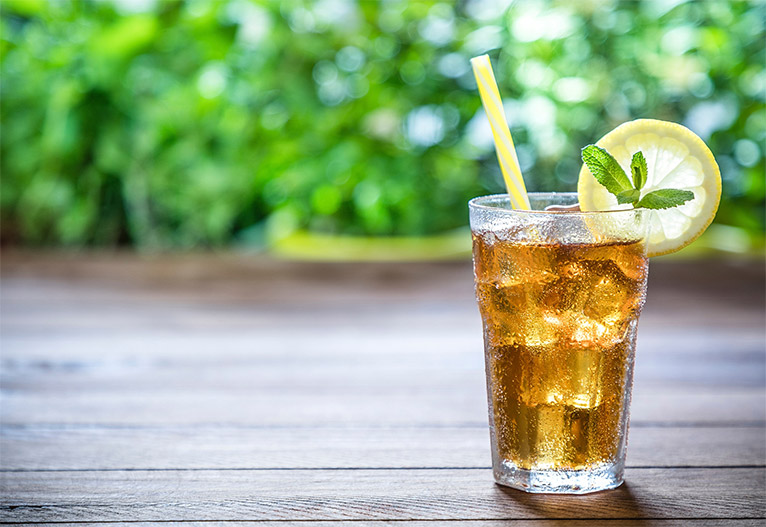Sparkling tea is quickly becoming a standout in the beverage industry, blending the nuanced flavors of premium teas with the effervescence of sparkling water. Unlike sugary sodas or overly processed drinks, sparkling tea offers a health-conscious, flavor-rich alternative. Originating in high-end Nordic restaurants, it has now expanded globally, appealing to both tea connoisseurs and those seeking a refined, non-alcoholic drink option. The use of high-quality ingredients and careful fermentation techniques enhances both taste and health benefits.
This beverage is typically crafted using green, black, or oolong tea bases infused with natural botanicals and lightly carbonated. The result is a refreshing and complex profile that pairs well with meals or stands on its own. With little to no added sugar and often organic origins, sparkling teas have found a loyal following among wellness enthusiasts. It’s also a sophisticated choice for social settings where alcohol may not be preferred.
Following E-E-A-T guidelines, this article draws on credible industry sources, interviews with beverage innovators, and nutritional data. Sparkling tea’s rise is not just a trend, but a reflection of changing consumer values—where wellness, sustainability, and flavor intersect to redefine modern refreshment.

